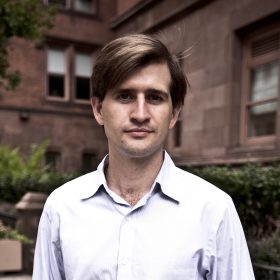Director & Principal Investigator
Marcia McKenzie is Professor in the Department of Educational Foundations and Director of the Sustainability Education Research Institute at the University of Saskatchewan, and incoming Professor of Global Studies and International Education at the University of Melbourne.
Marcia McKenzie is Professor in Global Studies and International Education in MGSE at the University of Melbourne, Australia; and Professor on leave at the University of Saskatchewan, Canada. She is a member of the Royal Society of Canada’s College of New Scholars, Artists, and Scientists; and Director of the $4.5M SSHRC-funded Monitoring and Evaluating Climate Communication and Education (MECCE) Project and of the Sustainability and Education Policy Network (www.sepn.ca). Her research program includes both theoretical and applied components at the intersections of comparative and international education, global education policy research, and climate and sustainability education, including in relation to policy mobility, place, affect, and other areas of social and geographic study. She is co-author of Place in Research: Theory, Methodology, and Methods (Routledge, 2015) and Critical Education and Sociomaterial Practice: Narration, Place, and the Social (Peter Lang, 2016), and co-editor of Land Education: Rethinking Pedagogies of Place from Indigenous, Postcolonial, and Decolonizing Perspectives (Routledge, 2016) and Fields of Green: Restorying Culture, Environment, and Education (Hampton, 2009); and co-edits the Palgrave book series Studies in Education and the Environment. She has also recently authored or co-authored three global UNESCO reports, including ‘Country progress on climate change education: A review of national submissions to the UNFCCC,’ and ‘ESD and GCED up close: Cognitive, social and emotional and behavioral learning in Education for Sustainable Development and Global Citizenship Education from pre-primary to secondary education,’ and ‘Learn for our planet: A global review of how environmental issues are integrated in education.’






